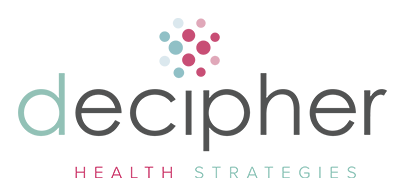When Will Cross, a diabetic, attempted to scale Mount Everest this May, Novo Nordisk not only helped sustain his life with its insulin drug, NovoLog. The Princeton, N.J., pharmaceutical company also footed the $60,000-plus bill for the climb.
Mr. Cross, a 37-year-old Pittsburgh high-school teacher, is among an increasing number of amateur climbers who have the ability to tackle difficult mountains but lack the funding. More and more, these amateurs are turning to corporate sponsors to help underwrite their adventures.
“More people with moderate climbing skills and strength and ambition are thinking it’s probably worth their time to find a corporate sponsor,” says Gordon Janow, director of programs at guide company Alpine Ascents in Seattle. Interest has been driven by the fact that amateur climbers now can take on more difficult — and expensive — climbs such as Everest through guided tours, he says.
According to ExplorersWeb, a climbing-technology and -news organization, an Everest climb can cost anywhere from $15,000 to $70,000 a person. The next-most expensive “seven summit” climb — referring to the highest mountain peaks on each continent — is Mount Vinson in Antarctica at $15,000 to $30,000 a person. Costs range widely, depending on the size of the expedition and the location of the approach. Climbing Everest on the north side in Tibet, for example, is less expensive than climbing up the south side in Nepal, because the Nepalese government charges a $10,000 climbing fee, while the Chinese government fee is $5,000.
In the past year and a half, Mr. Janow says, he has received an increasing number of calls from amateurs inquiring about corporate sponsorships — as many as several calls a month.

Read the full article by viewing the PDF below.
